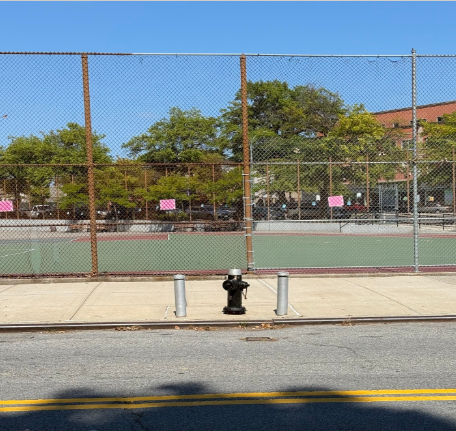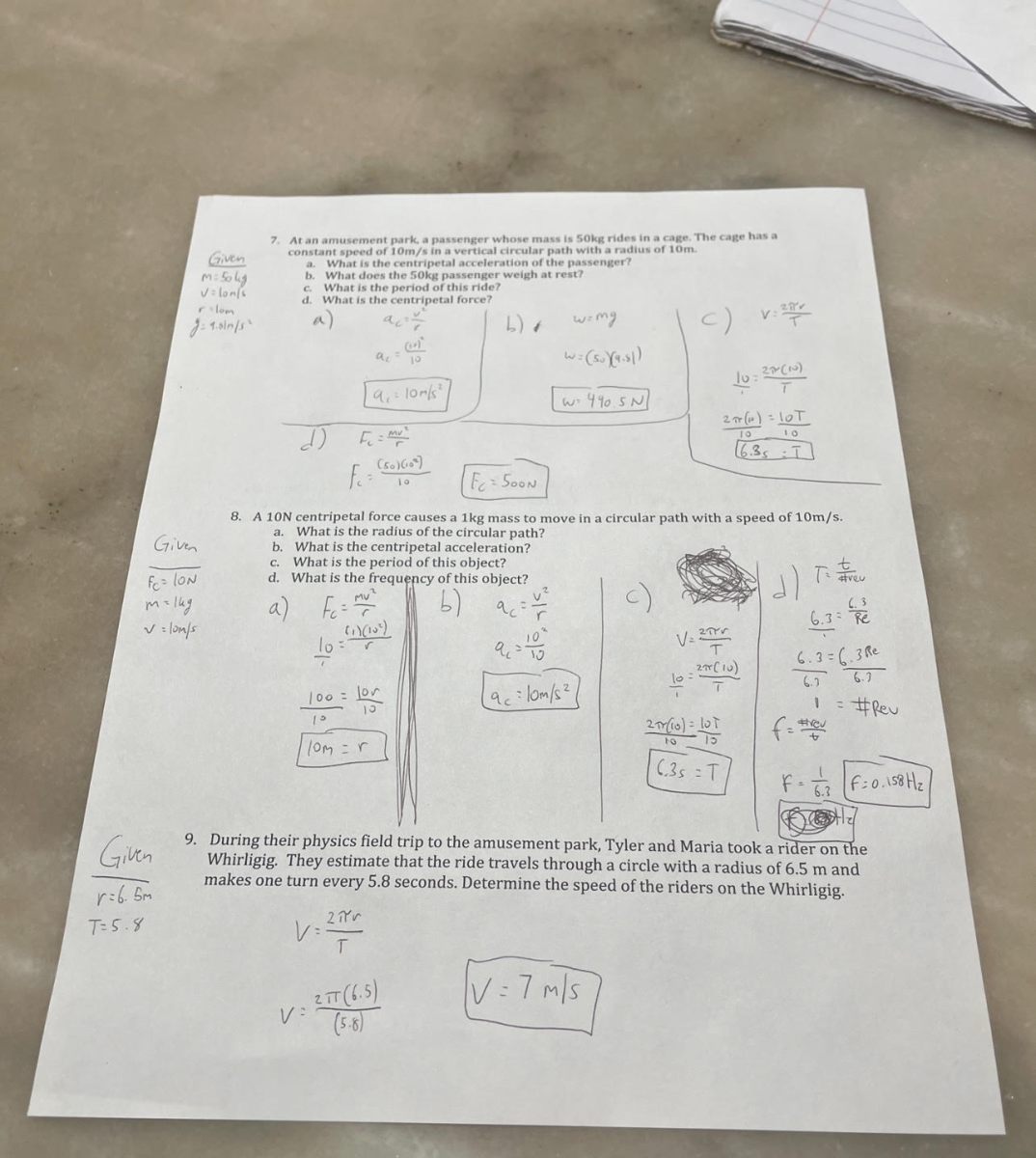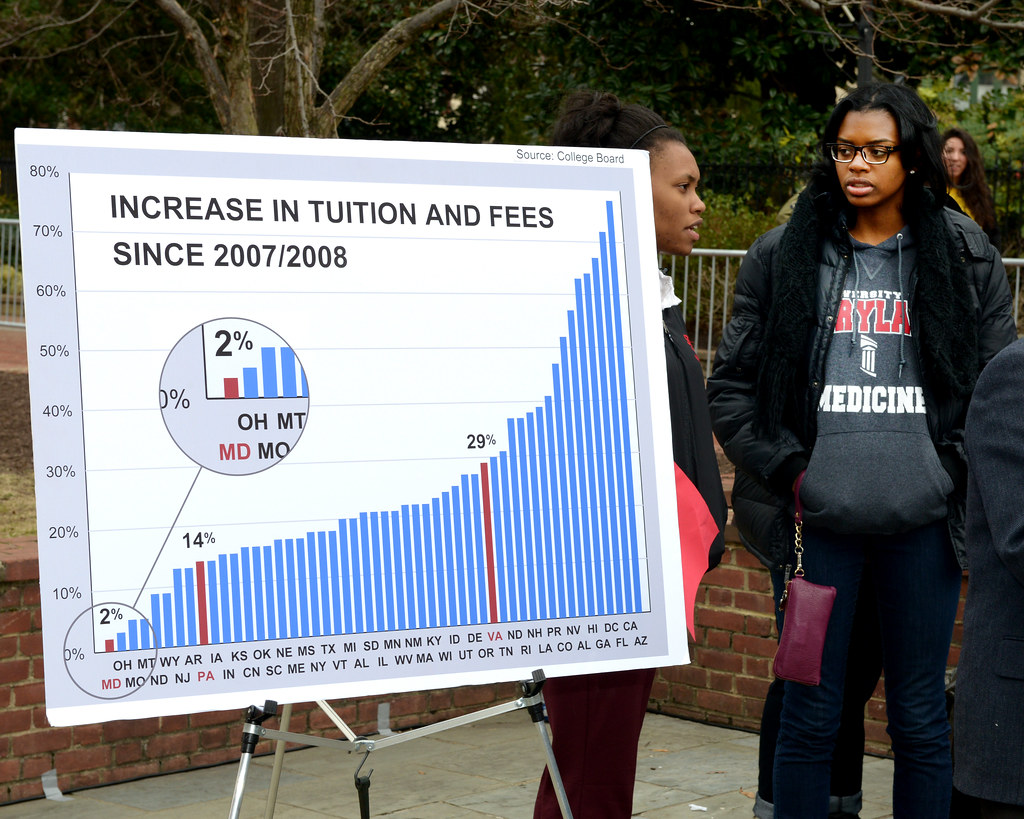by Jaclyn Thompson, junior news editor

How students do in high school affects the rest of their lives, the colleges they get into, which in turn affects the job opportunities. Grades impact the lives of students more than they should.
Students tend to always be more concerned about the grades they get, instead of learning the process. Yet, it is not the students fault.
A students future is solely-based on their SAT scores, GPA, and their general class grades, which isn’t fair.
“Grades have more of an impact than what they should because they end up defining you as a person because if you have bad grades, chances are less of going somewhere in life,” junior Gillian Paolotti said.
On the other hand, grades should be used to define who one is as person, it shows work effort. Grades actually show whether or not the material is known and how much ambition students have.
Regardless, these numbers do not define who somebody is. Just because a student does poorly on a test, it doesn’t mean that the material is not understood. Some people may just be bad test takers.
“I have bad grades, but yet I’m a genius, I just don’t try in school, doesn’t mean I’m any less smart than someone with straight A’s,” senior Anthony Castagliola said.
For instance, the SATs are based on how much one knows, not how much one studies. Still, students are stressed about the grade. It’s universal, all students know that this grade affects their entire future and they choke.
Some people are extremely lucky and are great test takers. Grades have never been based on knowledge. Grades are based on testing skills, homework completion, and project completion. It is assumed that the summation of the grouping demonstrates how much one knows.
Just because someone does well on tests, doesn’t mean they have acquired full knowledge on the topic. Students simply care more about the outcome of their final grade than what’s actually going on.
“I wish students were more focused on the process and product and less on the number, students are more concerned with that,” seventh grade science teacher Jessica Cimini said.
It has lead to believe students don’t actually learn what they are going to need to learn in life. According to an article by Alfie Kohn called The Case Against Grades, grades reduce the quality of thinking. The way students thinks are impacted due to the fact that the grade they are getting is more essential than what they are actually learning. Grades impact the lives of teenage high school students further more than what is needed.
“It’s tricky because it’s good to know how you’re being measured but at the same time people lose sight on what they’re learning because students become more concerned about the grade and that’s not how it’s supposed to be and unfortunately it is,” assistant principal Nicholas Jurman said.




































